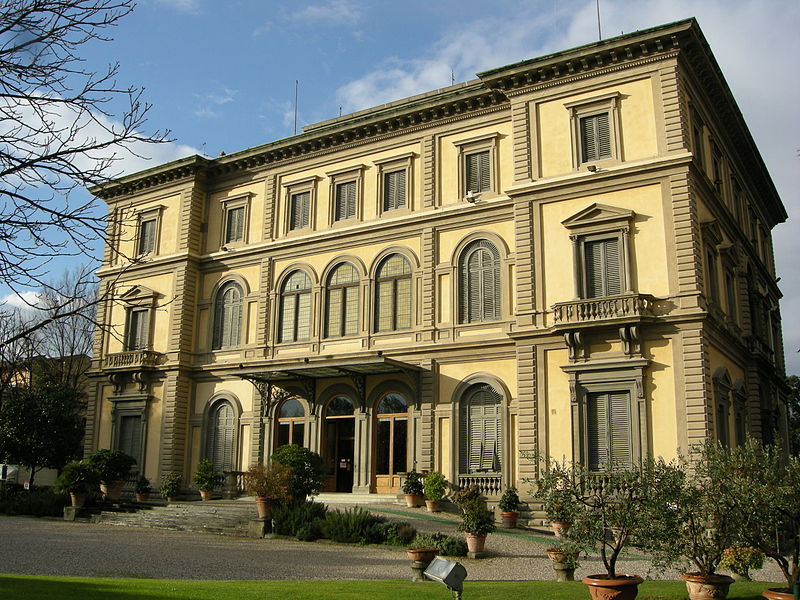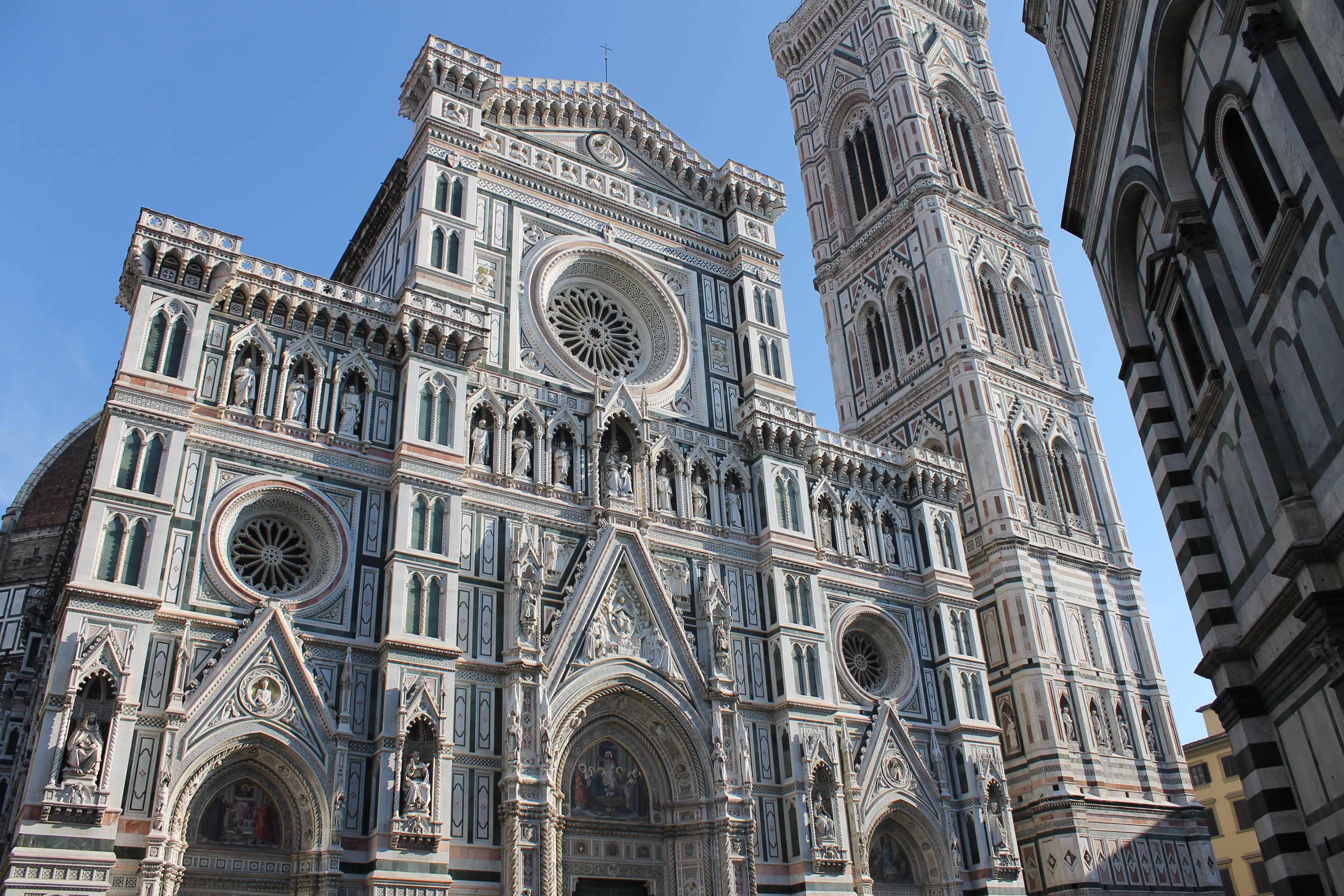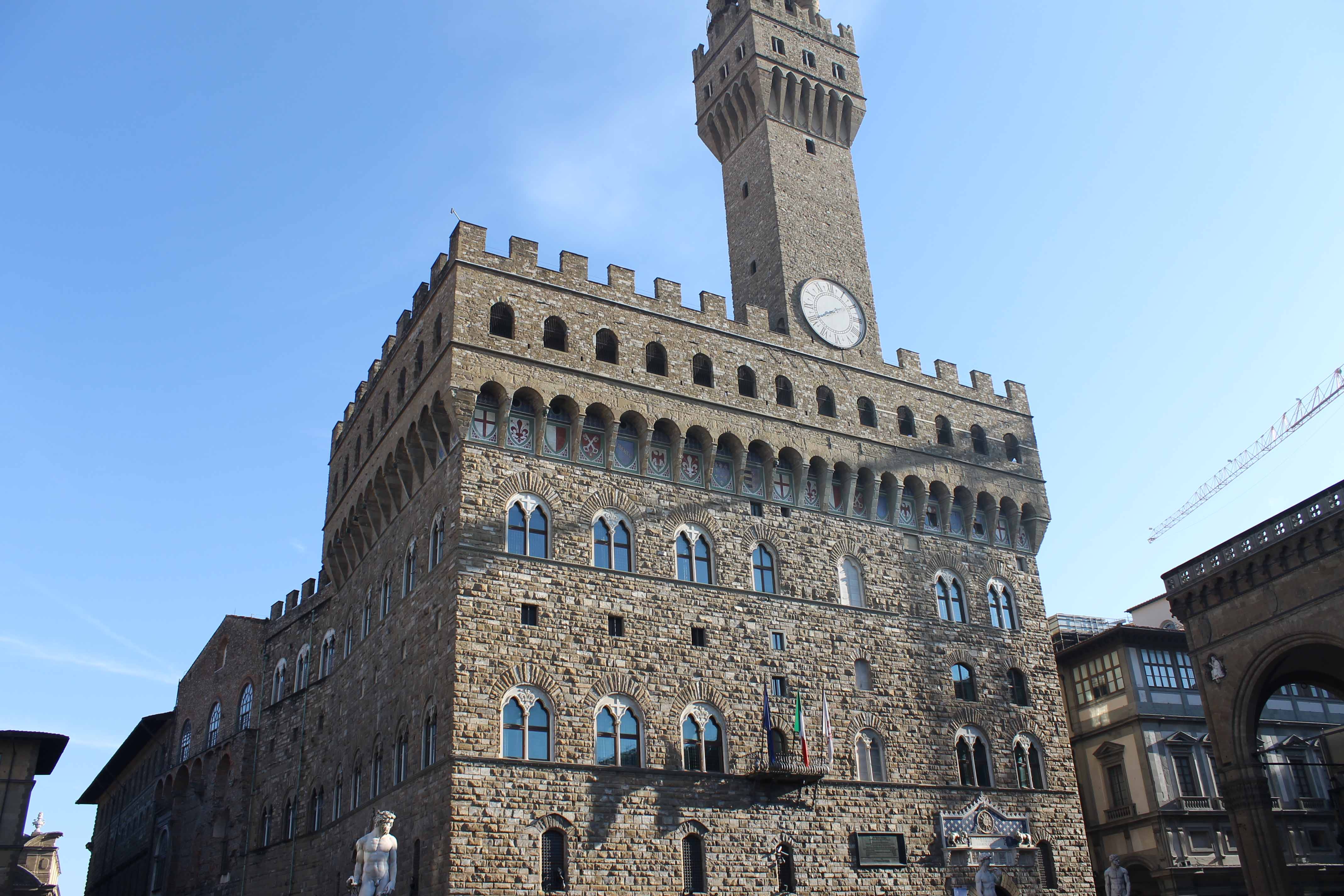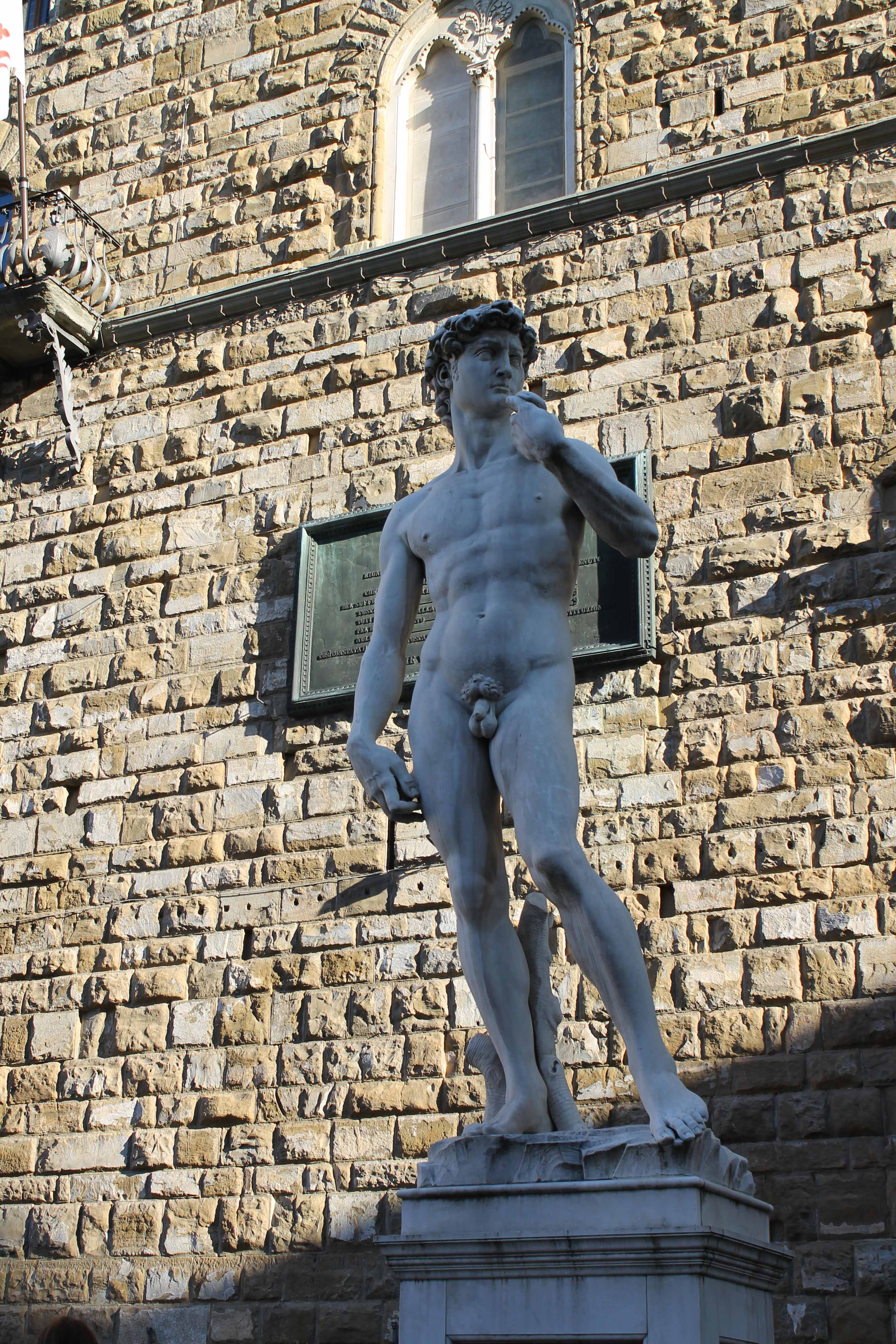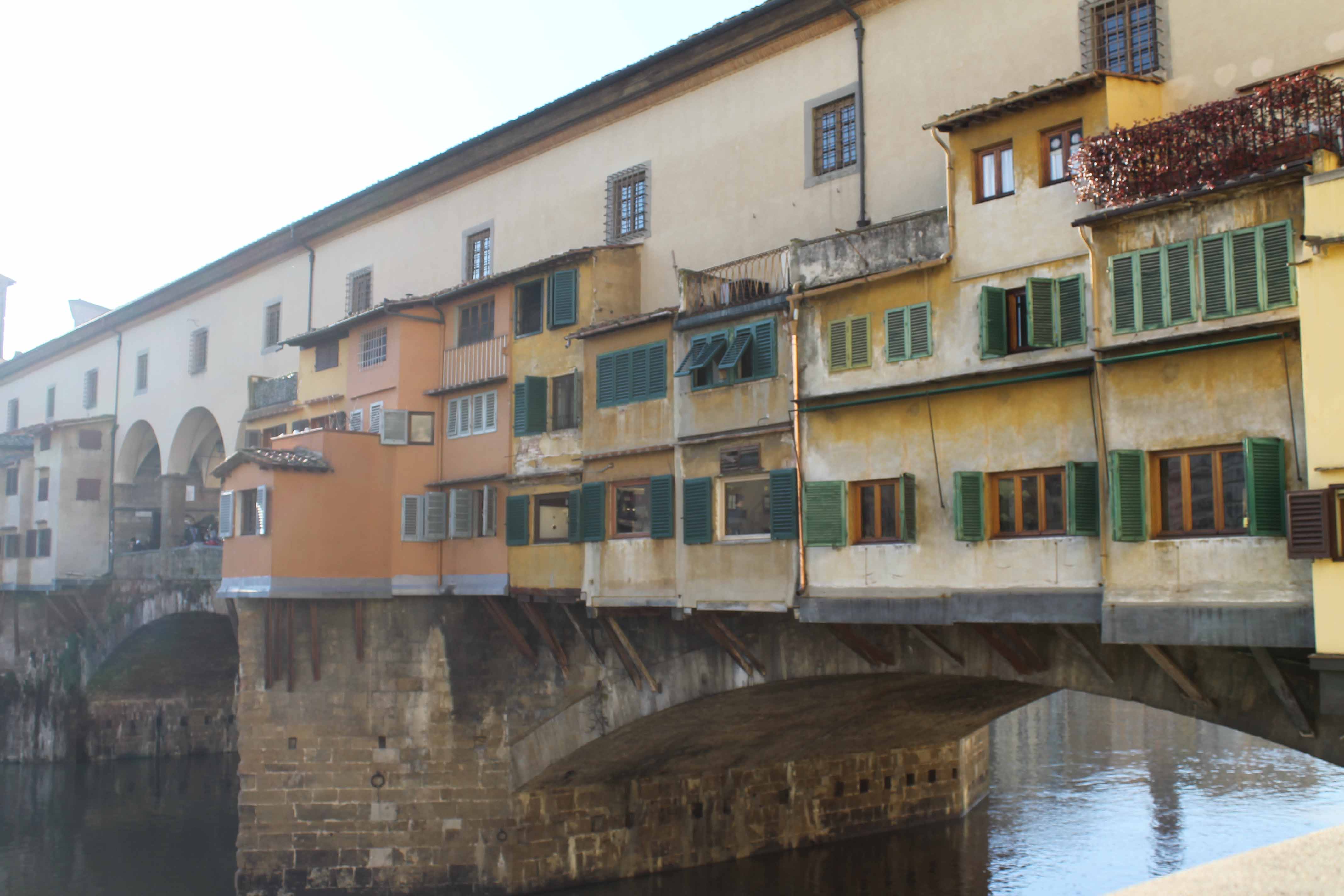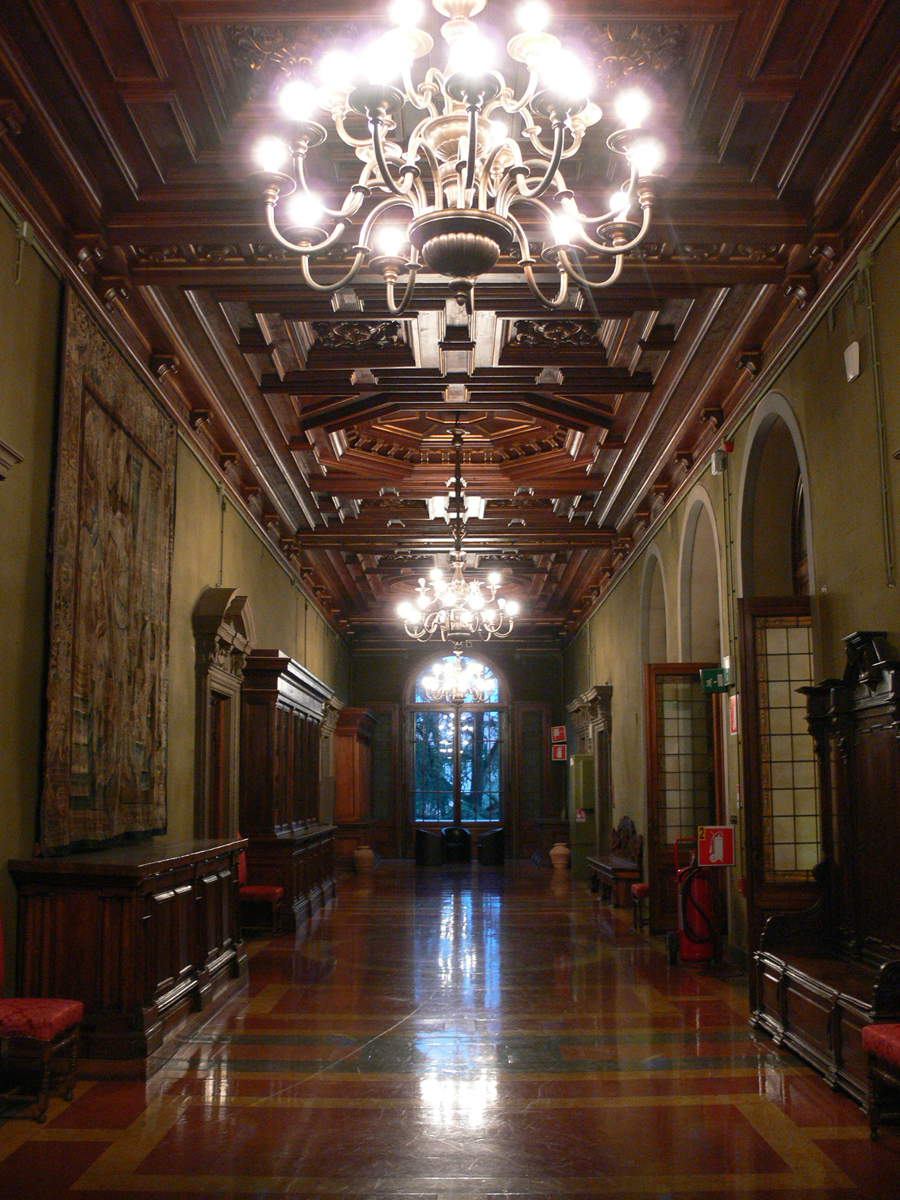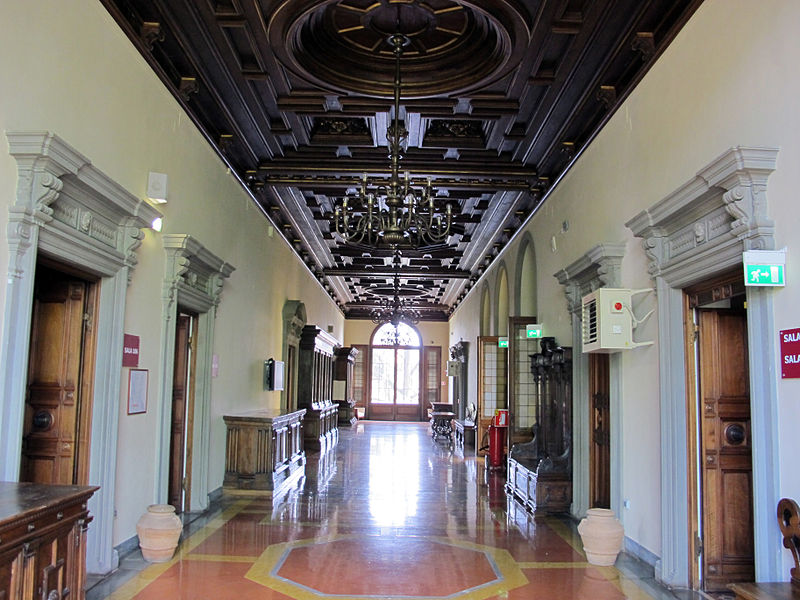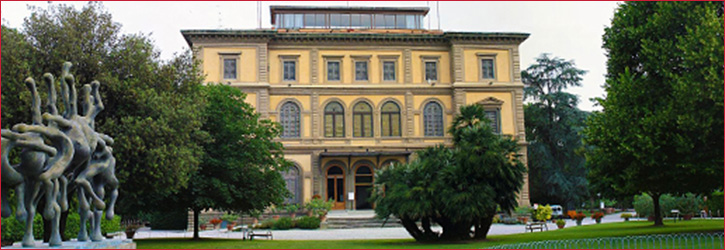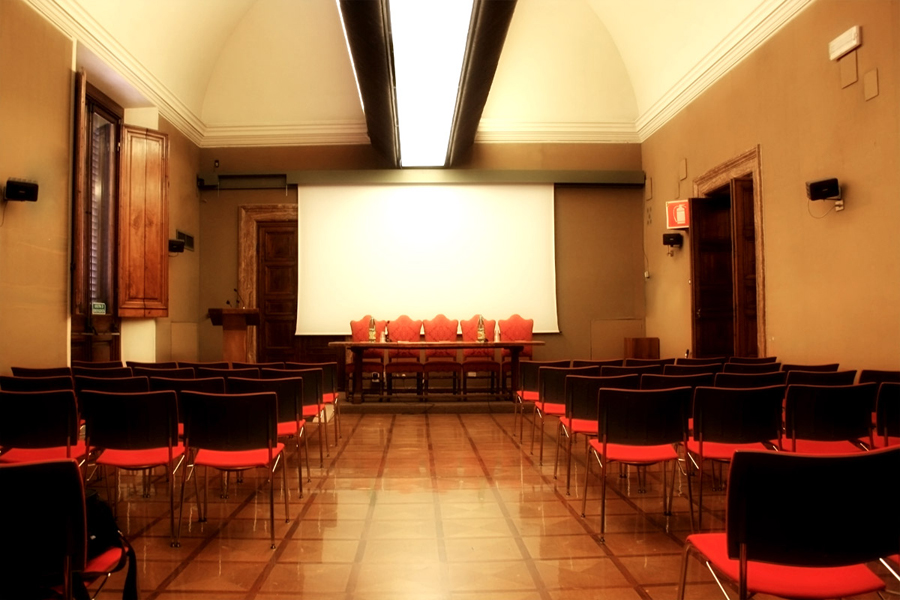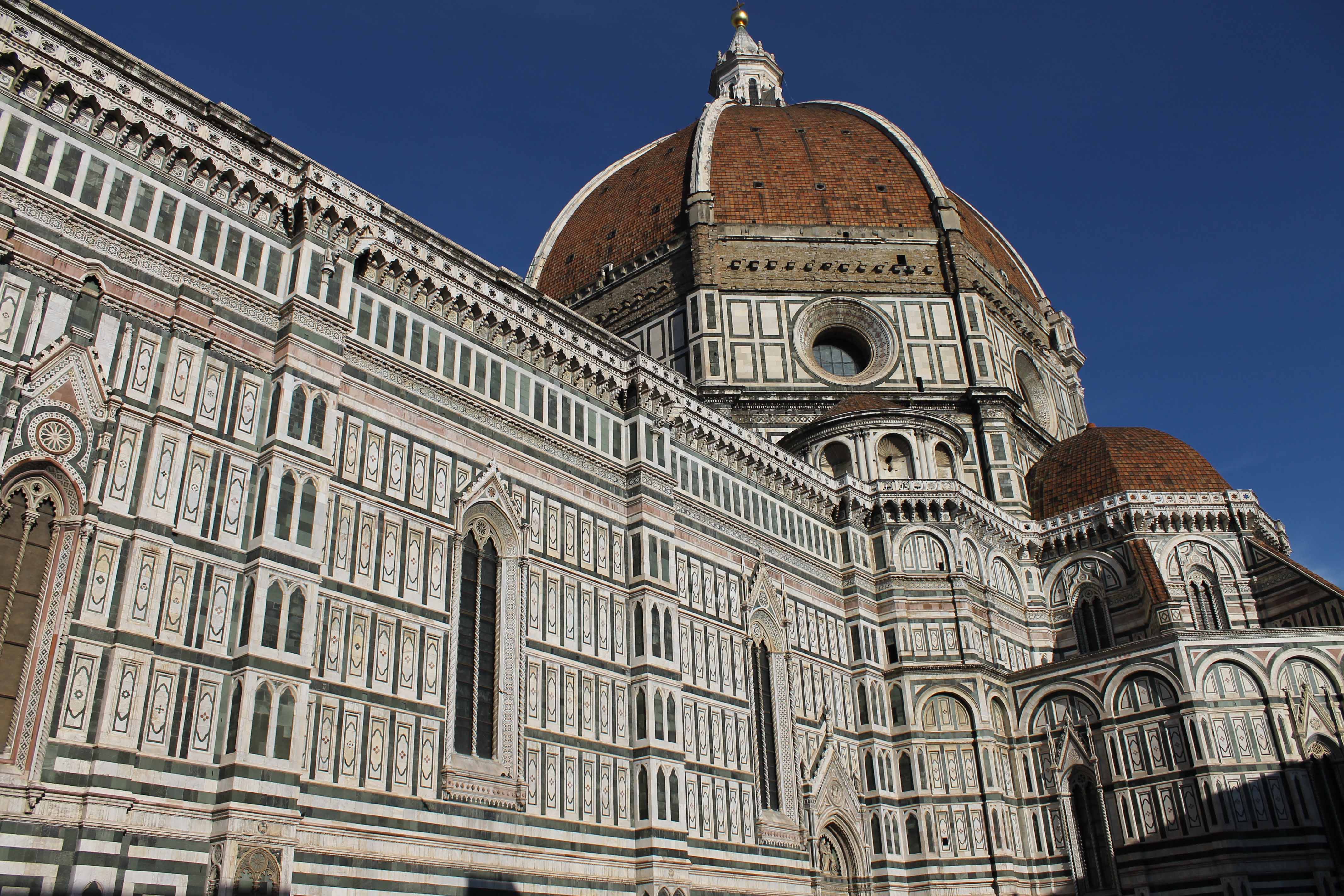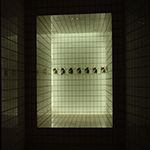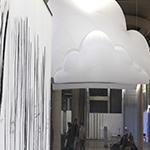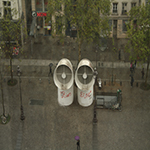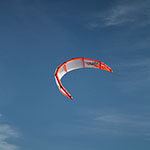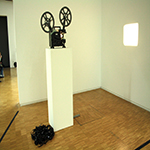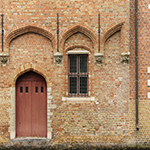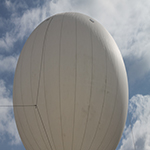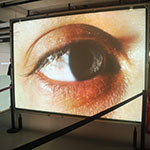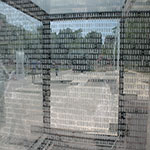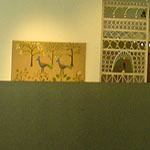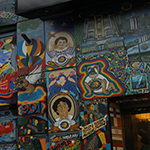Villa Vittoria – Palazzo dei Congressi
Piazza Adua 1 – Florence, ItalyConference program
- October 17, 2014
- 09:00 - 09:30Registration of Participants ((Registration Desk))
- 09:30 - 10:30Welcome and Opening Remarks - Open Floor Workshop: Identities and Identifications
- 10:30 - 11:00Coffee Break and Snacks
- 11:00 - 13:00Panel 1: Thinking European Identities: Visions, Narratives and Multicultural Claims
- 13:00 - 14:30Tuscan Specialties Buffet Lunch – Villa Vittoria
- 14:30 - 16:30Panel 2: Politicized Identifications: From National Pride to Branding of Nations and Regional Identities
- 16:30 - 17:00Coffee Break and Snacks
- 17:00 - 19:00Panel 3: Identities and the Cities: Urban Transformations, Transition and Change in Urban Image Construction
- 19:00 - 19:45Welcome Drink – Aperitivo in Firenze
- 19:45 - 21:30Optional Social Dinner in Florence
- October 18, 2014
- 09:00 - 11:00Panel 4: Ethnicity, Citizenship and Identifications: Minorities and Migrants
- 11:00 - 11:30Coffee Break and Snacks
- 11:30 - 13:30Panel 5: Performing Identities in Literature, Visual Arts and Design
- 13:30 - 15:00Tuscan Specialties Buffet Lunch – Villa Vittoria
- 15:00 - 17:00Panel 6: Virtual Identities and Visual Identifications
- 17:00 - 17:30Coffee Break and Snacks
- 17:30 - 18:30Panel 7: Domestic Applied Data and Quantitative Models of Analisys
- 18:30 - 19:00Concluding Remarks and Discussions
- 19:00 - 21:00Optional Social Dinner in Florence
- October 17, 2014
Identities and Identifications: Politicized Uses of Collective Identities
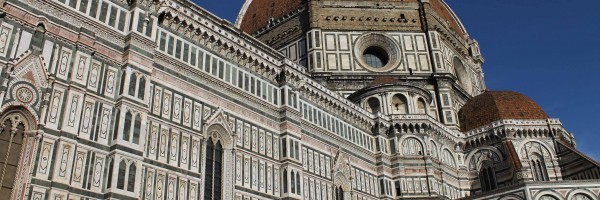
- Conference Description
- Participant’s Profile
- Registration and Fee
- Social Activities and Publication
- Important Dates
- Venue and Directions
- Conference Program
- Panel 1
- Panel 2
- Panel 3
- Panel 4
- Panel 5
- Panel 6
- Panel 7
The Second Euroacademia International Conference
Identities and Identifications
Politicized Uses of Collective Identities
CALL FOR PANELS AND PAPERS
17 – 18 October 2014
Villa Vittoria – Palazzo dei Congressi
Florence, Italy
Conference Description
Identity is one of the crown jewelries in the kingdom of ‘contested concepts’. The idea of identity is conceived to provide some unity and recognition while it also exists by separation and differentiation. Few concepts were used as much as identity for contradictory purposes. From the fragile individual identities as self-solidifying frameworks to layered in-group identifications in families, orders, organizations, religions, ethnic groups, regions, nation-states, supra-national entities or any other social entities, the idea of identity always shows up in the core of debates and makes everything either too dangerously simple or too complicated. Constructivist and de-constructivist strategies have led to the same result: the eternal return of the topic. Some say we should drop the concept, some say we should keep it and refine it, some say we should look at it in a dynamic fashion while some say it’s the reason for resistance to change.
If identities are socially constructed and not genuine formations, they still hold some responsibility for inclusion/exclusion – self/other nexuses. Looking at identities in a research oriented manner provides explanatory tools for a wide variety of events and social dynamics. Identities reflect the complex nature of human societies and generate reasonable comprehension for processes that cannot be explained by tracing pure rational driven pursuit of interests. The feelings of attachment, belonging, recognition, the processes of values’ formation and norms integration, the logics of appropriateness generated in social organizations are all factors relying on a certain type of identity or identification. Multiple identifications overlap, interact, include or exclude, conflict or enhance cooperation. Identities create boundaries and borders; define the in-group and the out-group, the similar and the excluded, the friend and the threatening, the insider and the ‘other’.
Beyond their dynamic fuzzy nature that escapes exhaustive explanations, identities are effective instruments of politicization of social life. The construction of social forms of organization and of specific social practices together with their imaginary significations requires all the time an essentialist or non-essentialist legitimating act of belonging; a social glue that extracts its cohesive function from the identification of the in-group and the power of naming the other. Identities are political. Multicultural slogans populate extensively the twenty-first century yet the distance between the ideal and the real multiculturalism persists while the virtues of inclusion coexist with the adversity of exclusion. Dealing with the identities means to integrate contestation into contestation until potentially a n degree of contestation. Due to the confusion between identities and identifications some scholars demanded that the concept of identity shall be abandoned. Identitarian issues turned out to be efficient tools for politicization of a ‘constraining dissensus’ while universalizing terms included in the making of the identities usually tend or intend to obscure the localized origins of any identitarian project. Identities are often conceptually used as rather intentional concepts: they don’t say anything about their sphere but rather defining the sphere makes explicit the aim of their usage. It is not ‘identity of’ but ‘identity to’.
The Second Euroacademia International Conference ‘Identities and Identifications: Politicized Uses of Collective Identities’ aims to scrutinize the state of the art in collective identities research, to bring once more into debate the processes of identity making, identity building in both constructivist or de-constructivist dimensions. It is the aim of the Euroacademia conference to open the floor for dynamic multi-dimensional and inter-disciplinary understandings of identities in their historic formation or in the way they shape the present and future of organizations or communities.
Euroacademia aims to bring together a wide network of academics, researchers, practitioners and activists that are willing to share and open to debate their research on identity related topics. Disciplinary, trans and inter-disciplinary approaches, methodological assessments and recommendations, single case studies or cross-sectional analyses, reflective essays, experience sharing or works addressing new puzzles are all welcomed.
Participant’s Profile
The conference is addressed to academics, researchers and professionals with a particular interest related to the topic of collective identities from all parts of the world. Senior and junior researchers are equally welcomed. As the nature of the conference is intended to be multidisciplinary in nature, different academic backgrounds are welcomed.
Post-graduate students, doctoral candidates and young researchers are welcomed to submit an abstract. Representatives of INGOs, NGOs, Think Tanks and activists willing to present their work or projects with impact on or influenced by specific understandings of identities are welcomed as well to submit abstracts of their contributions.
Abstracts will be reviewed and the participants are selected based on the proven quality of the abstract. The submitted paper for the conference proceedings is expected to be in accordance with the lines provided in the submitted abstract.
Registration and Fee
The Registration is Closed
The Participation Fee Includes:
- the registration fee
- participant’s package with all the materials for the conference
- eligibility for publishing of the presentation in the conference volume
- a copy of the electronic volume
- access to Euroacademia discussion group and newsletters
- 2 daily coffee brakes with typical Italian snacks and refreshing drinks during the conference (water/sodas)
- sparkling wine welcome drink on 17th of October 2014
- a 4 course buffet lunch on 17th of October 2014
- a 4 course buffet lunch on 18th of October 2014
- certificate of attendance
- access to optional social program
Please be aware that the final confirmation of attendance will be considered upon the payment of the participation fee until the 18th of September 2014 in the Euroacademia account:
Euroacademia
Name of the Bank: Belfius
Bank account IBAN: BE45 0688 9724 6589
BIC: GKCCBEBB
Branch: Agence BARRIERE – CHAUSSEE DE WATERLOO 216, 1060, BRUSSELS, BELGIUM
The participation fee can be paid through bank transfer . A confirmation of receipt will be sent to selected participants by e-mail together with the scanned invoice. The original invoice will be delivered to accepted participants on site at the conference.
Unfortunately, Euroacademia has no available funds for covering transport and accommodation to/in Florence. Participants are responsible for securing funding to cover transportation and accommodation costs during the whole period of the conference. Official invitation letters can be sent by Euroacademia to the financing institution to confirm the selection and participation in the conference upon request.
Social Activities and Publication
A specific spot in the conference program will be dedicated to social networking and therefore all the participants interested in setting or developing further cooperation agendas and prospects with other participants will have time to present and/or promote their project and express calls for cooperation.
A specific setting (Social Corner) for promotional materials connected with the topic of the conference will be reserved for the use of the participants. Books authored or edited by the participants can be exhibited and promoted during the whole period of the conference and can also be presented within the conference package based on prior arrangements.
An optional dinner and as social event will be organized for the second evening of the conference in a typical Italian cuisine restaurant as optional program for the willing participants. The social dinner will be held based on participant’s prior confirmation and it costs 30 Euro to be covered by the participants individually.
An optional walking tour of historical center of Florence will be available to willing participants on Sunday 19th of October 2014.
Publication:
Selected papers will be published in an electronic volume with ISBN after the confirmation of the authors and a double peer-review process based on an agreed publication schedule. All the papers selected for publication should be original and must have not been priory published elsewhere. All participants to the conference will receive a copy of the volume.
| Important Dates | |
|---|---|
| 15 August 2014 | Deadline for Submitting Panel Proposals |
| 12 September 2014 | 300 words abstracts and details of affiliation |
| 13th of September 2014 | Latest notification of acceptance |
| 15 September 2014 | Sending the Registration Form |
| 20 September 2014 | Payment of the conference fee |
| 8th of October 2014 | Sending the draft paper to be uploaded on the web site of the conference |
| 10th of October 2014 | Publication of the conference program and uploading the draft papers on the website |
| 17th of October 2014 | The conference commences at 9.30 am |
Venue and Directions
The conference will take place in the conference premises of the beautiful Villa Vittoria – Palazzo dei Congressi, centrally located in the heart of Florence, few steps away from the Santa Maria Novella church and the amazing Duomo with its cupola del Brunelleschi and Campanile di Giotto making easily accessible within a walking distance any part of the amazing Renaissance treasure of the historic center.
Located inside the 18th century Villa Vittoria – Palazzo dei Congressi boasts prestigious auditoriums and is surrounded by a centuries-old garden. The charming interiors of the venue are characterized by a combination of Florentine antique furniture with modern and functionally designed halls. Villa Vittoria and its adjacent Lemon House are connected to the Fortezza da Basso through a pedestrian square, thus forming a conference area which is completely accessible on foot, in the heart of the city. It is a luxury establishment where the secret ingredients of tradition, history and modernity are blended in perfect proportions and surrounded by marvelous edifices that host the largest Renaissance art collections in the world.
Villa Vittoria – Palazzo dei Congressi
Firenze Fiera, Piazza Adua, 1,
Florence, Italy, 055 49721
A city-size shrine to the Renaissance, Florence offers frescoes, sculptures, churches, palaces, and other monuments from the richest cultural flowering the world has known. Names from its dazzling historical past—Dante, Michelangelo, Galileo, Machiavelli—are some of the most resonant of the medieval age.
But to see the Tuscan capital simply as Europe’s preeminent city of art would be to ignore not only its role as a dynamic and cosmopolitan metropolis, but also to overlook its more unsung charms—Italy’s most visited gardens (and its best ice-cream parlor), idyllic strolls on balmy summer evenings, a broad range of specialty shopping, sweeping views over majestic cityscapes, eating experiences that range from historic cafés to the country’s most highly rated restaurants, and the kind of seductive and romantic pleasures that somehow only Italy knows how to provide.
Florence is the best place to discuss and affirm diverse identities as it is a beautiful place that significantly shaped the modern identity of Europe through humanism, love for beauty, amazing arts and craftsmanship, respect for the past and a look into the future.
See full information about the conference Location & Map:
HERE
Conference participants are responsible for arranging the accommodation and travel to Florence.
Conference Program
See the conference panels with abstracts below by clicking on the panel numbered tabs.
Thinking European Identities: Visions, Narratives and Multicultural Claims
Chair: Emanuel Crudu (Euroacademia, Paris and Brussels)
- Long Run Persistence of Political Attitudes and Behavior: A Focus on MechanismsMarshaling evidence from a survey of 800 individuals over the age of 70 who reside within 15 miles of the defunct imperial border I propose and test a theory of political identity transmission.Leonid Peisakhin, New York University, Abu Dhabi
- Trans-Groups Duties and Common Sense or the Politics of MulticulturalismIn this paper, by drawing upon Markell’s notion of acknowledgment, I argue that, in contexts featuring multiple perspectives, a crucial need for political philosophers is to investigate how views are mutually related.Corrado Fumagalli, University of Milan, Italy
- Gothic Narratives and European Identity in Crisis It is argued here that discourse regarding a (perceived) threatening Other may take on aspects of a Gothic tale - a tale of persecution, horror and terror, often involving the use of the uncanny, or the 'return of the repressed' in order to heighten the sensation of fear.Catherine MacMillan, Yeditepe University, Istanbul, Turkey
- European Identity Construction between Vision and ActionThe paper shows that European identity can best be understood by acknowledging its draft character: that Europe is characterized by and can progress along with the interplay of individually developed visions of Europe on the basis of personal experience.Nora Schröder, University of Konstanz, Germany
Politicized Identifications: From National Pride to Branding of Nations and Regional Identities
Chair: German Mendzheritskiy (Librarium Archives Russe de la Presse Ancienne)
- Inequality, Elite Messaging and National PrideThis paper presents a preliminary analysis of data from the Comparative Manifesto Project and European Values Survey to suggest that both phenomena may be at work, and that inequality and political rhetoric have mutually-and reinforcing effects on the intensity of nationalism among contemporary publics.Matthew Eckel, Georgetown University, Washington, USA
- Feet of Clay of the National PrideResearch based on analyses of the EVS 2008 data demonstrates how national pride depends on specific political support (distrust in key nation building institutions - government, army, and church; dissatisfaction with government; dissatisfaction with development of democracy), subjective well-being, social distrust, and ethnic and civic nationalism.Klára Plecitá, Institute of Sociology of the Academy of Sciences of the Czech Republic
- National Identity in the Era of Global Competitiveness: A Critical Analysis of Nation Branding Through the Case of South KoreaBy looking at the phenomenon of nation branding, and focusing on the South Korean presidential nation branding strategy over recent years, this article tries to uncover how the imperative of competitiveness has moved from the corporate sector to the representation of national identity.Juliette Schwak, City University of Hong Kong
- Identity and Identification in Politics and Economy: Why “Branding” Cannot Replace Brand TechniquesThe paper hints upon the lessons to be learnt and applied by democratic politicians and their assistants, in order to leave the field neither to misleading paradigms nor to populist extremists. Rather, the paper advocates in favor of a populism of qualitative reason and distinction in a new understanding of democracy.Gerhard Eichweber, Value Group, Switzerland
Identities and the Cities: Urban Transformations, Transition and Change in Urban Image Construction
Chair: Catherine MacMillan (Yeditepe University, Istanbul)
- The Politics of Globalization and Heritage in Havana, CubaThis paper briefly traces the global politics of 20th century development in Havana, particularly in relation to tourism. It then analyzes tourism in relation to preservation / restoration practices in Old Havana using the Plaza Vieja (Old Square)—Old Havana’s second oldest and most restored urban space—as a case study. In doing so, it exposes preservation / restoration as a dynamic and politically complex practice that operates across scales and ideologies, institutionalizing history and memory as an urban design and identity construction strategy.Gabriel Fuentes, School of Architecture, Marywood University, USA
- “I Am the Space Where I Am”: Public Spaces and the Quests for Identity in Multicultural CitiesIn this paper I explore public spaces as the “corners” were processes of identity formation are produced, anchored, contested and recreated anew. The paper focuses on examining Puerta del Sol in Madrid and Plaza Italia in Santiago, their relevance to their respective identities of their cities and city-dwellers, the mutual determinations and the cultural images that each person project onto others, albeit the representations of these images during the recent social movements experienced in both cities.Daniela Vicherat Mattar, Leiden University College, The Hague
- Art in Oslo: Old, New, Borrowed and Blue – Creating a New Identity for the City and its PeopleThe presentation introduces the work of the great Norwegian patron of the arts, Christian Rignes. He undertook the task of making citizens proud of their heritage, extracting the essence of the Norwegian soul and identity, as well as bringing the genius of artists like Dali, Rodin and Buseyne to the Norwegian woods. His Ekeberg Park in the East with sculptures underlining feminime qualities, balance the dominance of masculinity of the Vigeland Park in the Oslo West-End.Ekaterina Bagreeva, Russian Economic University of G. V. Plekhanov
- Like a Bomb Hit it! The Urban Regeneration of Manchester since 1996The contention of this paper is that, despite massive and expensive reconstruction, his observation still holds true. Manchester's status as a problematic example of British urban regeneration presents difficulties in assessing the impact and significance of urban design.Eamonn Canniffe, Manchester School of Architecture
Ethnicity, Citizenship and Identifications: Minorities and Migrants
Chair: Ekaterina Bagreeva (Russian Economic University of G. V. Plekhanov, Moscow)
- Federal Techniques for Protecting the Rights of Linguistic Minorities: The Belgian ModelMechanisms must be developed within each community for the protection of philosophical and religious minorities, in particular in education (by means of teaching in a minority language and education of a recognized religion) or in the area of governance (insured representation of philosophical minorities in the Administration, but no quota system).Ludo Veny, Ghent University, BelgiumBrecht Warnez, Ghent University, Belgium
- Russians in Europe and European Attitudes of Russians. Identity Challenge and Identity Change – The Dilemma of Self-Identification of Russian Speaking Migrants in EuropeWith the escalating situation in Eastern Europe, the question of identity assumes an increased significance for Russian-speaking migrants, their local communities, as well as the countries where they have settled. Could these Diasporas be viewed as assets or liabilities in their respective countries?German Mendzheritskiy, Librarium Archives Russe de la Presse AncienneEkaterina Bagreeva, Russian Economic University of G. V. Plekhanov
- Russian and Siberian Regional Identity: Commonalities and Differences The aim of the research to be presented is to single out those features of regional identity that can be distinguished on the basis of a free and directed associative experiments (a relatively new research method on the brink of linguistics and cultural studies) carried out among undergraduate and graduate students of Novosibirsk State University.Anna Solomonovskaya, Novosibirsk State University, Novosibirsk, RussiaGalina Yakushko, Novosibirsk State University, Novosibirsk, Russia
- It’s Not Easy to Say “Minority”. Ladin and Italian in Trentino-Alto AdigeThe aim of this research is to explore the perception of being a minority in both Italian and Ladin speakers. After presenting the main laws for the protection and promotion of minority languages, we will focus on a corpus of interviews with both Italian and Ladin native speakers, by emphasizing how differences between a recognized and a non-recognized linguistic minority are reflected in language attitudes and language vitality.Chiara Meluzzi, Free University of Bozen, ItalyIlaria Fiorentini, University of Pavia / Free University of Bozen, Italy
- Does the Free Choice of Ethnic Identity Exist as a Legal Right?The paper argues that the right to free choice of identity is neither a theoretically coherent and practically sustainable legal concept, nor is it an autonomous, sui generis right under international law.Andras L. Pap, Hungarian Academy of Sciences/Central European University, Budapest
Performing Identities in Literature, Visual Arts and Design
Chair: Daniela Vicherat Mattar (Leiden University College, The Hague)
- Mother, Motherhood and Motherland: Identity and Conflict in the Poetry of Perveen ShakirThis paper focuses on various stages of Shakir’s biographical journey employing the theoretical framework of dialogism which reveals the development of feminisms, and how they balance in the end. No critical study on Shakir from a third-world postcolonial Pakistani perspective, analysing her poetry within a theoretical framework, has been written so far, and therefore this study is an invaluable contribution to current scholarly knowledge of the discipline.Katherine Peters, Faculty of Arts, Design and Technology, University of Derby, Derby, United Kingdom
- The Concept of Identity Through Jhumpa Lahiri’s ‘The Namesake’. By representing her characters at the crossroad where both local and global spaces meet and constant negation between different aspects of lives appear, Lahiri depicts a transnational space for the Indian immigrants in the United States. Although the immigrants’ tenacity in clinging to the past is obvious in such space, a constant negotiation between different identities, recasting the fixed identities is seen as inevitable in The Namesake.Fulya Kincal, Kirklareli University, Turkey
- The Art of Memories? Deirdre Madden and her Time Present and Time PastThis essay will analyse the operations of memory as a self—contained system that finds its utmost realisation in art, here still—life photography. We will look at Deirdre Madden’s latest novel Time Present and Time Past where the plasticity of cognitive memory and the subjective interpretation of an image complement visual narratives of photography in the absence of human life.Zuzanna Sanches, University of Lisbon, Portugal
- Museum and Identities: The Example of African American MuseumsMuseums can play a role in the creation of an identity of a state or a country (like in 19th century Europe), and for communities, to show their importance and the part they took in the American history and culture, and the way they are different from that. For African Americans, the situation is peculiar: African American being both part of American history and culture and being different from that.Gwennaëlle Cariou, Université Paris Diderot
- Design:Approach,Profession, Professionalism & Service of Relevance for Societies and their EconomiesThe paper outlines further, how education better starts from the most difficult cases, such as Design and, moreover, Corporate Design, for industrial goods, moreover with investment goods of individual solutions and extremely short series. Because, who can give these a common "Gestalt-Language", will also be able to do it with mass-produced durable and consumer goods.Gerhard Eichweber, Value Group, Switzerland
Virtual Identifications, Identities, Borders and Post-Colonial Readings
Chair: Emanuel Crudu (Euroacademia, Paris and Brussels)
- Accessing Culture of the Indigenous People through QR Code and MultimediaThe research used in the study is descriptive. Respondents were indigenous peoples in the Cordillera Administrative Region-Philippines. Random sampling technique was also used to gather data through surveys and downloading of multimedia elements was also used. Secondary data was also utilized to have reliable data. Results show that the expressions of cultures and the multimedia elements are very much liked.Rochelle D. Pacio, Benguet State University, Philippines
- The Interplay of Privacy and Identity in Digital CommunicationBased on an analysis of identity in digital media, I show that the aspects that are kept private or made public contribute substantially to a person’s identity. Consequently, I argue that privacy is not a space for identities but rather a feature of identities. Thus privacy is political from the outset.Tobias Matzner, University of Tübingen, Germany
- Contemporary Architectural Discourses, Subaltern Spatial Practices and the Resistance to National IdentificationsThis paper analyzes three representations of the geopolitics of contemporary borders in terms of their contributions to a critical discourse on national identifications.Sandra Zito, Independent Researcher, California, USA
- “When You Go There You Become Someone Else, When You Come Here You Become Again Another Person; Wherever You Go You Are Nothing”: Exploring Identity at the ‘Borderlands’Based on an ethnographic study I conducted in 2012/13 in Western Thrace and drawing on Gloria Anzadua’s (1987) understanding of ‘the borderlands’ I analyze how people from the Western Thrace minority community find themselves between what I term their ‘stepmother’ land Greece and their motherland Turkey, how they experience a double non belonging to both and how they ‘return home’ in the literal and metaphorical borderland of their community in Western Thrace.Eleni Konidari, University of East Anglia
Legal Aspects of European Citizenship and Domestic Applied Quantitative Models
- Legal and Political Aspects of the European Union CitizenshipBy elucidating the legal aspects of citizenship and nationality in domestic law and of identification through citizenship in international law, I will argue that the introduction of European Citizenship can be interpreted as a great achievement or "invitation" to political turmoil in the EU.Zbigniew Czubinski, Jagiellonian University, Cracow, Poland
- Testing the Reliability of 2011 Census – Albania Using Benford’s LawThe main purpose of the study is to test the hypothesis whether the second digit of demographic data 2011 Census-Al obeys Benford’s law. We consider 2827 data divided into five groups. The source of official data is INSTAT. These 2827 official data obtained from 2011 Census-Al are suspectable for manipulation.Fejzi Kolaneci, University of New York in Tirana, AlbaniaAlma Përmeti, Ministry of Interior Affairs of AlbaniaAurela Biçaku, University “Aleksander Moisiu” Durres, Albania
- An Investigation to the Daily Exchange Rate Euro/Albanian Lekë During the Period 03 January 2013 – 12 September 2014The main purpose of the study is to test the fair game hypothesis as well as the foreign exchange market efficiency for daily exchange rate process Euro/Albanian Lekë over the period 03 January 2013 – 12 September 2014 in Albanian currency market.Fejzi Kolaneci, University of New York in Tirana, AlbaniaAlma Përmeti, Ministry of Interior Affairs of AlbaniaAurela Biçaku, University “Aleksander Moisiu” Durres, Albania












